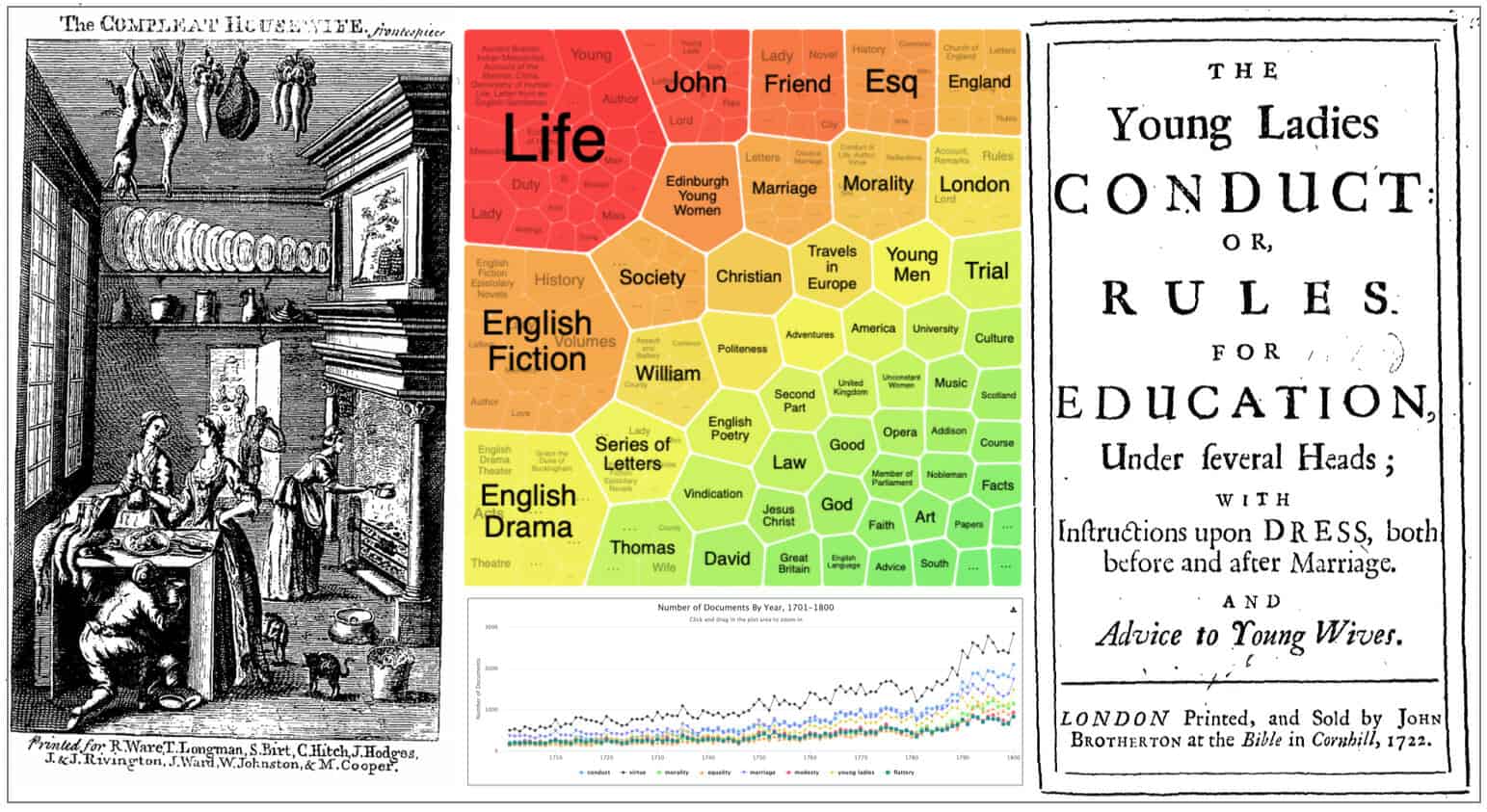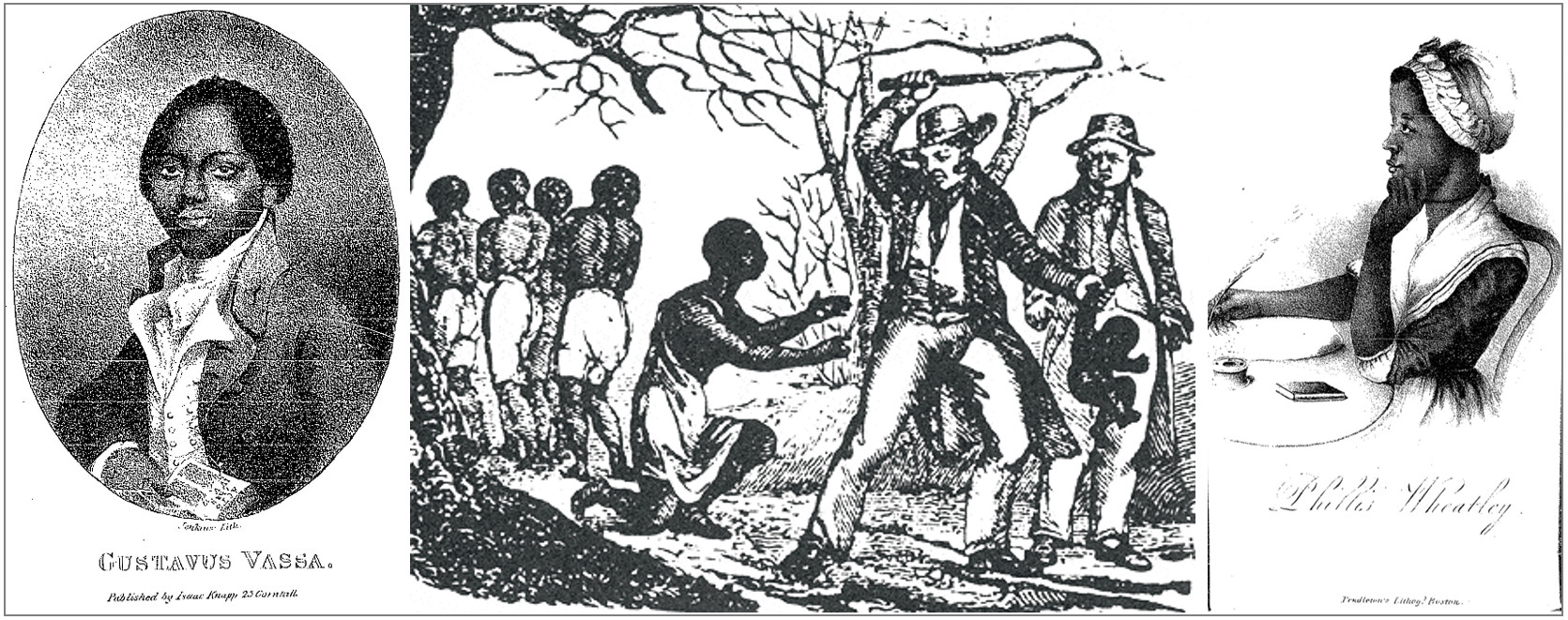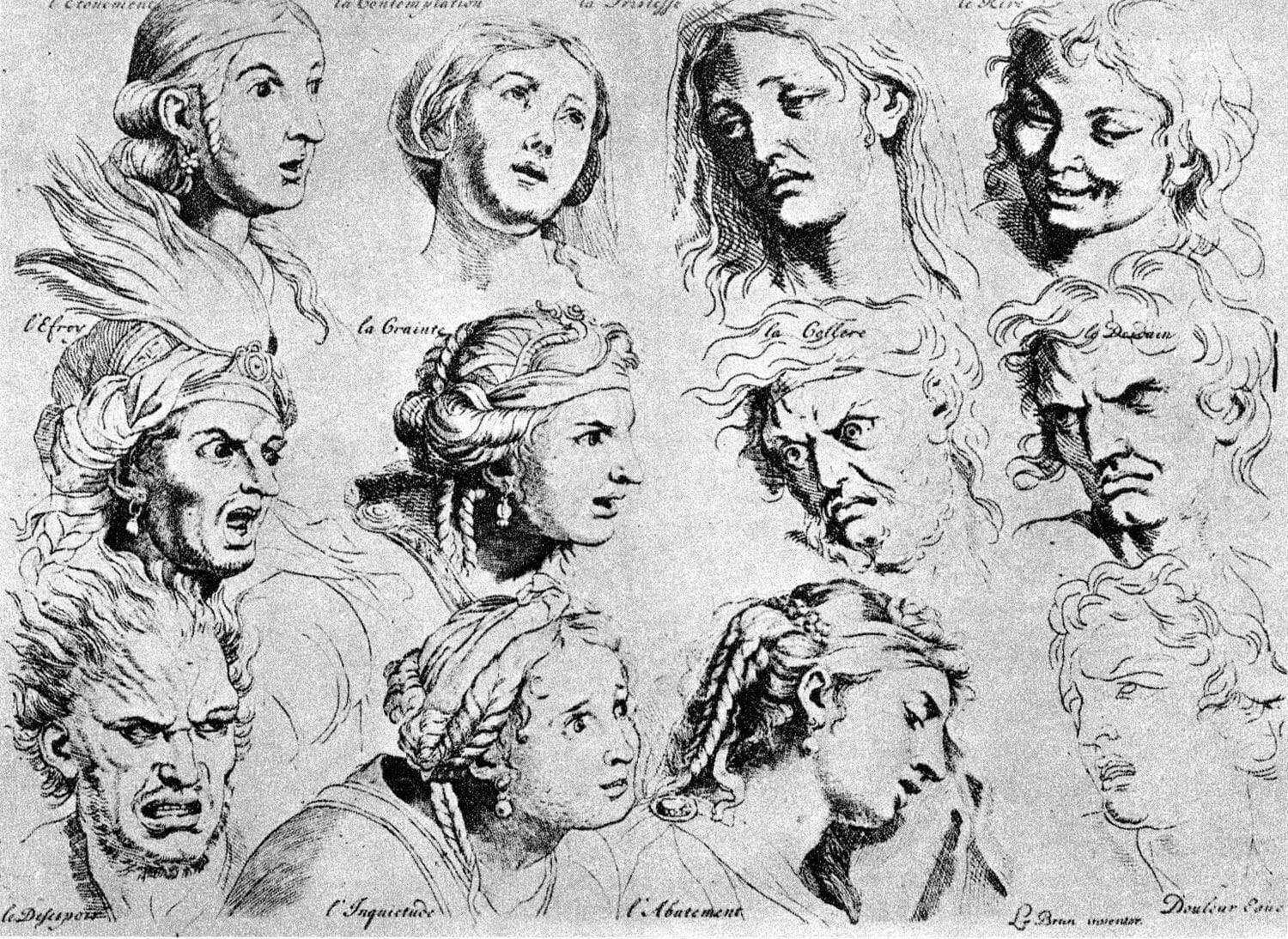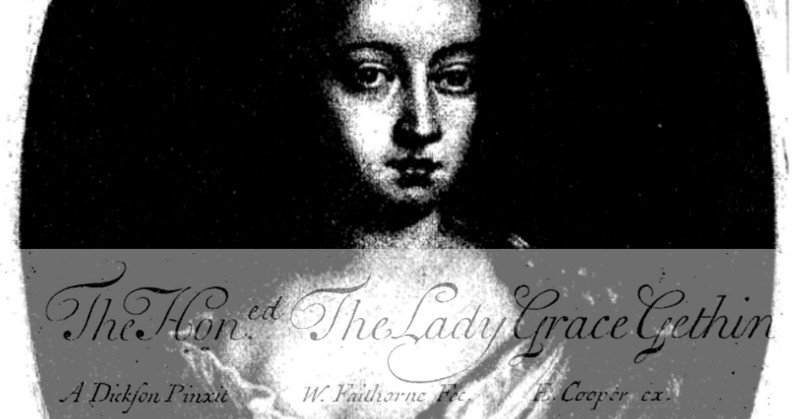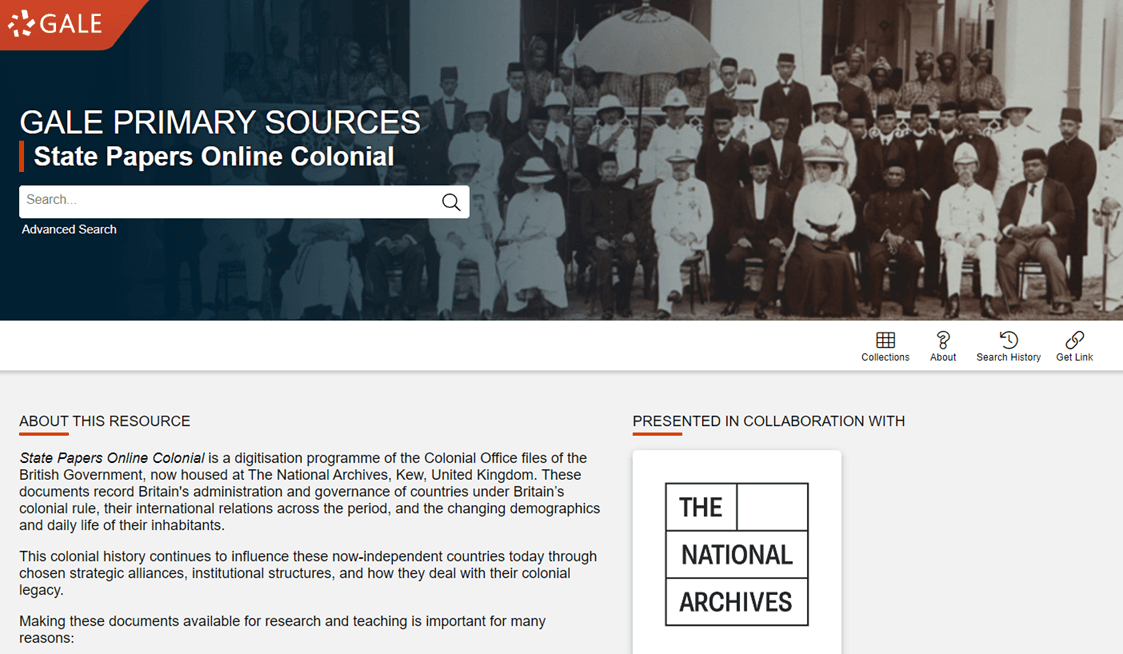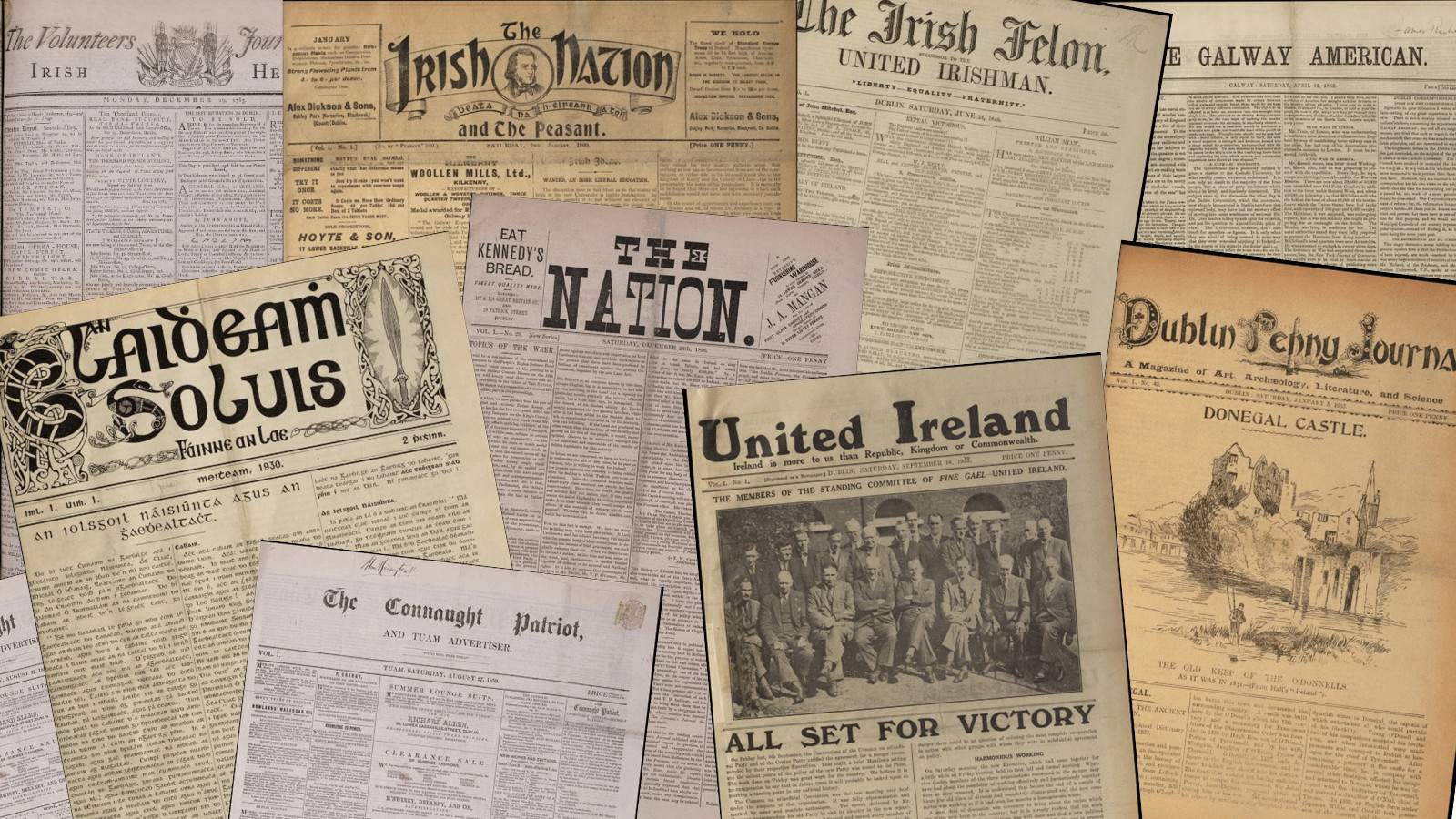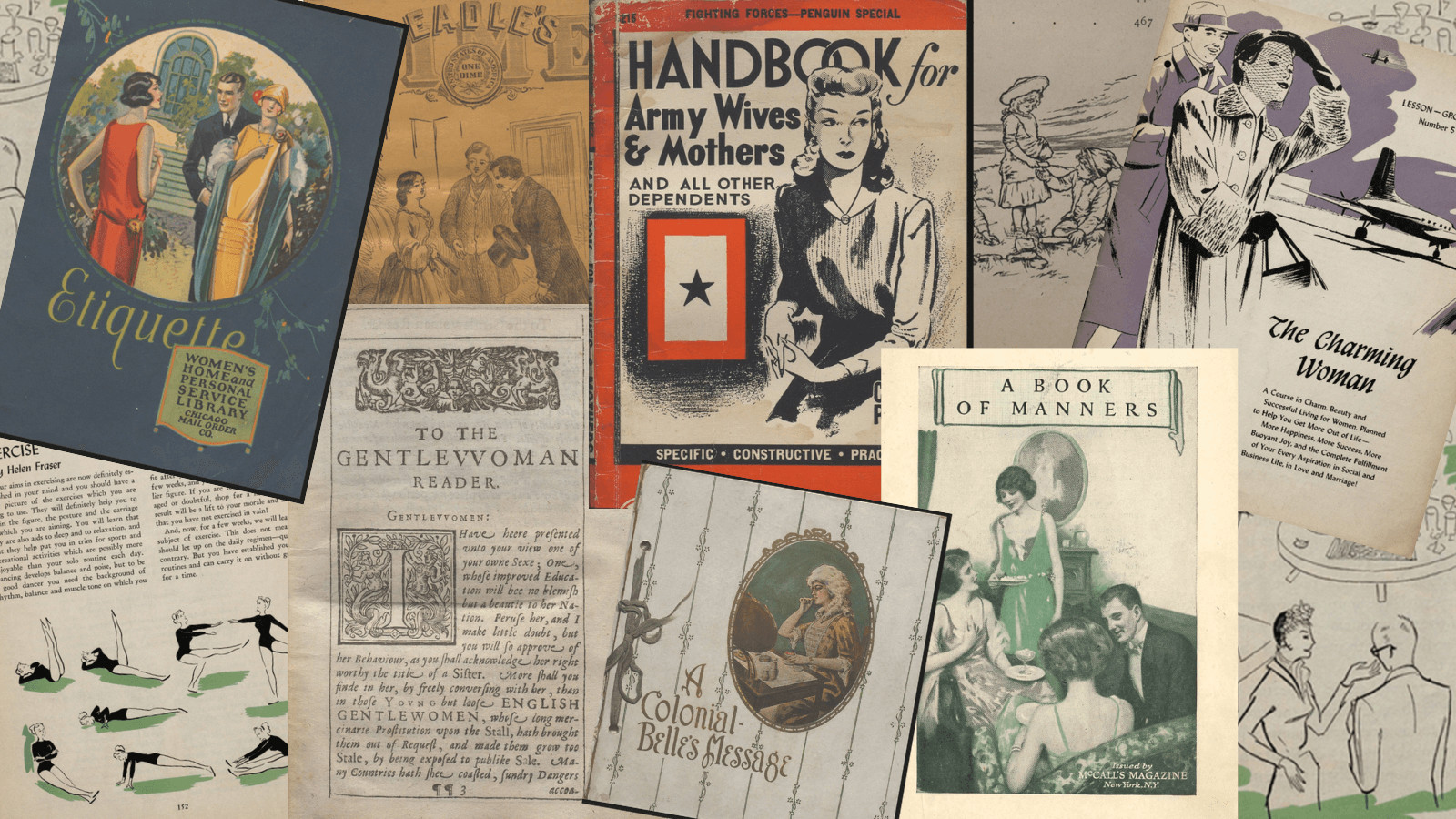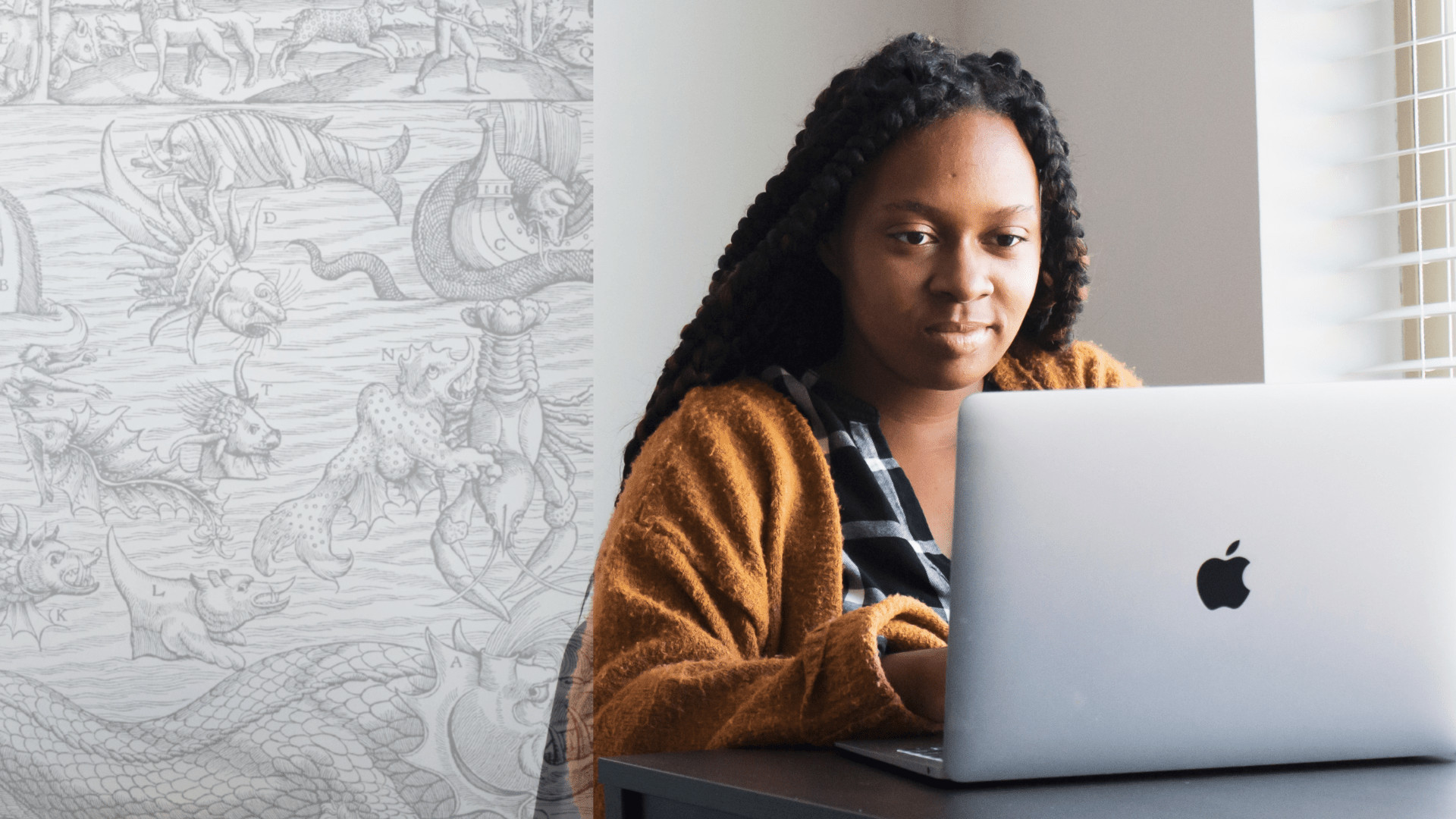|By India Marriott, Gale Ambassador at the University of Nottingham|
The Romantic period describes an artistic, literary, musical and intellectual movement that emerged throughout Europe at the close of the eighteenth century and moving into the nineteenth century. The Romantic period came as a response to the preceding ‘Age of Enlightenment’, moving away from rational individualism towards a more ‘romantic’ view of the world. Furthermore, many critics have pinpointed the Romantic period as a direct result of the ideals of the French Revolution that emerged at this time, allowing for further revolt against the aristocratic social and political norms of the Enlightenment era.
Romanticism places significance on imagination, emotion, freedom, and individualisation, in addition to suspicion of science and industrialisation post-Enlightenment. Furthermore, Romanticism places an importance on the power of nature and the natural world, which resulted in the creation of the concept of the Sublime, which I will explore further within this article.


